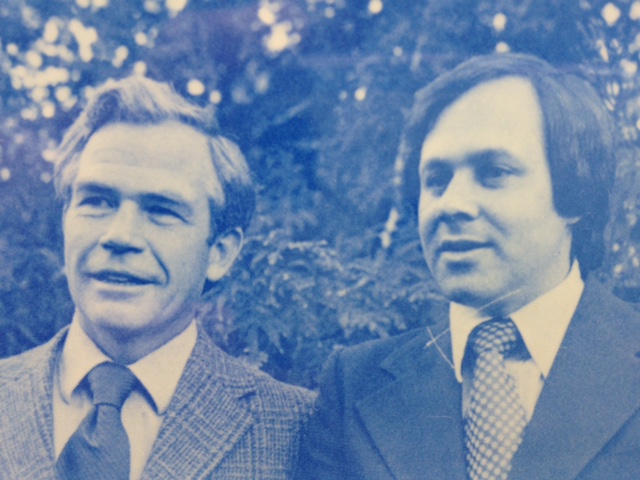
On this episode, Tuthill continues his conversation with education choice pioneer Stephen Sugarman of Berkeley Law School. The two discuss Sugarman’s 2017 article in the Journal of Law and Religion in which Sugarman argues that prohibiting faith-based schools from becoming charter schools is unconstitutional under the First Amendment’s Establishment Clause.
Sugarman’s argument that it’s unconstitutional to exclude faith-based organizations from participating once a state has chosen to fund alternative education options was echoed earlier this year in the landmark Espinoza v. Montana Department of Revenue. On the podcast, he reviews the history of two notable U.S. Supreme Court cases, Locke v. Davey and Trinity Lutheran v. Comer, and how their precedents laid the groundwork for the Espinoza decision.
“There should be some room (for education choice funding) between what is forbidden by the Establishment Clause and what is required by the Free Exercise Clause. Funding choice (does) not violate the Establishment Clause.
EPISODE DETAILS:
· Sugarman’s 2017 article on the constitutionality of faith-based charter schools
· Locke v. Davey and Chief Justice Rehnquist’s explanation of the “play-of-the-joints” between the Establishment and Free Exercise clauses of the Constitution
· How teacher union hostility toward charter schools has caused the public to mistakenly think they’re private rather than public schools
· How a faith-based organization can operate a charter school by state policy while continuing to practice religious observances outside of classroom time
LINKS MENTIONED:
Sugarman: Is it unconstitutional to prohibit faith-based schools from becoming charter schools?
podcastED: SUFS President Doug Tuthill interviews education choice icon Stephen Sugarman – Part 1
You can watch Part 1 of Tuthill’s interview with Sugarman here.


